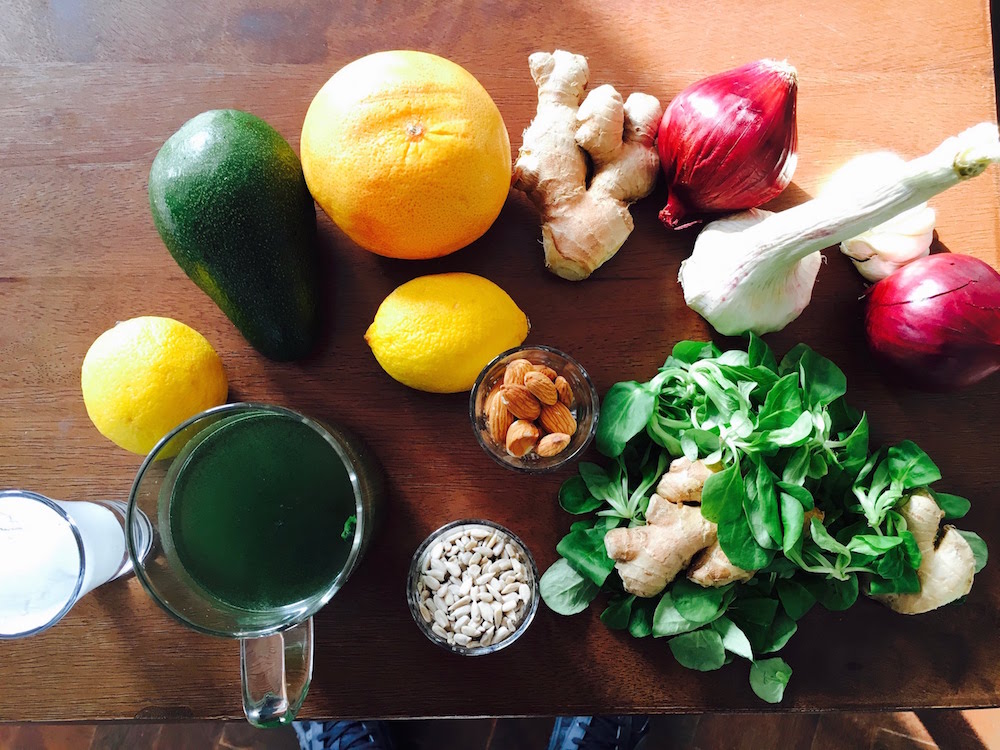
Lots of patients are asking about nutritional methods of optimising our natural mechanisms to beat the typical symptoms of allergic rhinitis (hay fever). So beyond the tablets, nasal sprays and eye drops, here are some of my favourite evidence-based foods that could give you some relief!
1. Isothiocyanate Foods
These are your brassica foods such as broccoli, rocket leaves and watercress. They are thought to reduce the activity of a receptor that causes the typical symptoms of rhinitis.
2. Garlic
Some papers in the medical literature call for garlic to be considered a functional medicinal food due to its effect on a specific antibody-mediated allergic response. As well as being anti-fungal and anti-bacterial, it could help with your pollen allergy.
3. Onions
This group of vegetables from the allicin family contains quercetin, a phytochemical being studied for its anti-inflammatory properties, which can alleviate a runny nose, blocked sinuses and nasal irritation.
4. Probiotics
A couple of studies that measured the subjective effects of probiotic use on allergy symptoms demonstrated significant improvements after 6 weeks. Another lab-based study showed reduced cytokines, which are chemical mediators involved in the immune response. You can get probiotics in foods like kefir, krauts and kimchi.
5. Citrus Fruits
Some lab studies demonstrate that citrus peel can reduce the release of histamine, an incredibly important mediator in the allergic response. It is also the focus of medications that doctors prescribe for hay fever called ‘antihistamines’. Try a few slices of lime or lemon in your morning drink!
6. Matcha Green Tea
Morning hot drinks activate the tiny hairs in our nasal passages, called cilia, which trap dirt and pollen. Matcha Tea is full of polyphenols including ‘catechin’ which has been shown to reduce inflammation, and has beneficial effects in combatting hay fever. Try starting your day off with a good-quality organic matcha tea.
7. Ginger
The compounds in ginger, called gingerols, are thought to reduce T-cell activation, a mechanism by which we suffer an allergic response. Try grating some ginger in hot water, with lemon or even in your matcha tea – the combination is lovely!
8. Vitamin E
Studies using supplemental Vitamin E demonstrated an improved allergic response in dust mite allergy sufferers. It is therefore being considered as a therapeutic model for reducing the airway inflammation that hay fever sufferers also get. Natural sources of Vitamin E include sunflower seeds, avocado and almonds.
I hope these foods help you to get out more this summer, and enjoy the weather!
